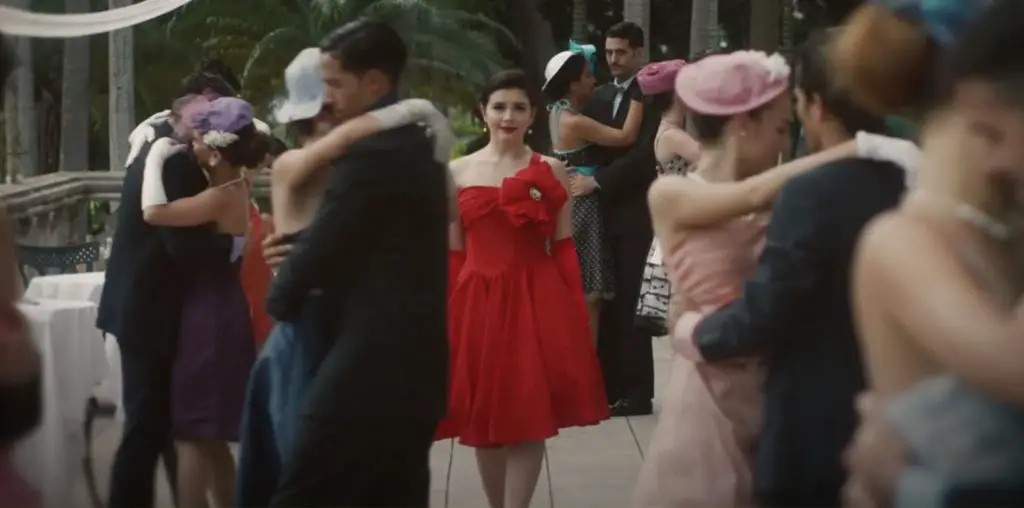
Casting Troubles
I recently recalled seeing a comedian’s stand-up routine where he was tearing into a musician who was unburdened by talent, making light that his tapes were in the $.99 cent discount bin. He noted that a blank tape by Maxell or TDK cost $5, “and there’s nothing on them!” This contrast was brought back to mind as I was in a new/used video store this month. I held an unopened DVD of the Joe Pesci fiasco “Gone Fishin’”, priced at $6, and as I toured the shop I came to realize all the used video tapes were priced $7 and higher, including a VHS copy of the title in hand. Used crap now costs more than new issues, in some cases. What could it mean when a movie is digitally transferred to the vanguard entertainment medium and actually loses some of its value?
In order to determine why this movie failed to connect with the public, let’s take a quick rundown of the credits to see if we can find…uh, nope—no mention whatsoever that Mel Gibson had a hand in this fiasco. See, it occurred to me that the only way two established and noteworthy actors like Danny Glover and Joe Pesci would submit themselves to a project like this would be at the urgings of their co-star from the “Lethal Weapon” franchise. Maybe Mel’s handiwork was behind the scenes, like sending e-mails to the agents of his screen pals, goading them to take the parts. It is the only thing that makes sense.
“Gone Fishin’” was a long, stagnant production that sat on the shelves at Disney for close to a year before they released it to run between the legs of The Lost World in the summer of ’97. The production schedule predated Lethal Weapon 4 and it stands to reason that Gibson had everything to gain as he entered into negotiations for the newest installment of the series. All he had to do was walk into the offices of Richard Donner and Joel Silver, drop a copy of “Gone Fishin’” in their VCR, and point to the screen. There they would witness evidence showing what they would be left with if Mel did not sign on. The bargaining leverage for him would be intimidating and persuasive.
Yes, “Gone Fishin’” is that bad. It is so bad that the script could not putrefy more had it been penned in plasma. So how did this escape notice of studio executives, and how was it allowed to proceed? The answer is easily explained, in fact, made all the more plausible with each painful example of what a failure this turned out to be. That answer is—nepotism.
The story continues in part two of MILK CARTON CINEMA: “GONE FISHIN'”>>>
Got your own opinion? Tell everyone in Film Threat’s BACK TALK section! Click here>>>
